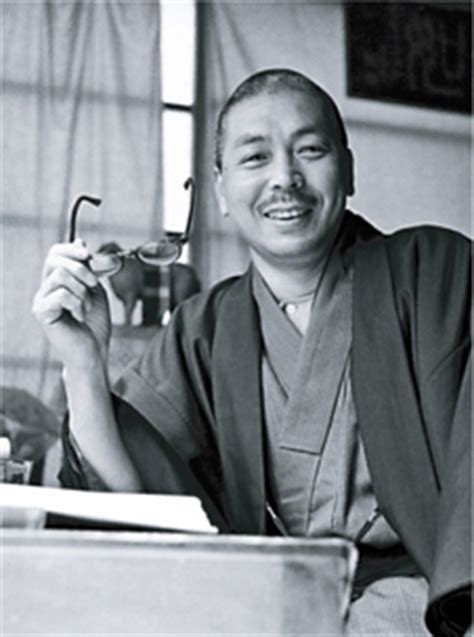A Quote by Edward Conze
Prajñ?p?ramit? Buddhism is not a religion suitable for the brainless
Related Quotes
Yet Buddhism is four hundred years older than Christianity, and if it's not a universal religion I don't know what a universal religion is. There's also a strong focus on selectionism and the notion that religion plays a functional role in the evolutionary process. But religion is dysfunctional all the time, as well as functional. It's not so simple.
The question has often been asked; Is Buddhism a religion or a philosophy? It does not matter what you call it. Buddhism remains what it is whatever label you may put on it. The label is immaterial. Even the label 'Buddhism' which we give to the teachings of the Buddha is of little importance. The name one gives is inessential.... In the same way Truth needs no label: it is neither Buddhist, Christian, Hindu nor Moslem. It is not the monopoly of anybody. Sectarian labels are a hindrance to the independent understanding of Truth, and they produce harmful prejudices in men's minds.
A quarter of America is a dramatic, tense, violent country, exploding with contradictions, full of brutal, physiological vitality, and that is the America that I have really loved and love. But a good half of it is a country of boredom, emptiness, monotony, brainless production, and brainless consumption, and this is the American inferno.
The incipient magician will confess his faith to a universal religion. He will find out that every religion has good points as well as bad ones. He will therefore keep the best of it for himself and ignore the weak points, which does not necessarily mean that he must profess a religion, but he shall express awe to each for of worship, for each religion has its proper principle of God, whether the point in question be Christianity, Buddhism, Islam or any other kind of religion.
If science proves some belief of Buddhism wrong, then Buddhism will have to change. In my view, science and Buddhism share a search for the truth and for understanding reality. By learning from science about aspects of reality where its understanding may be more advanced, I believe that Buddhism enriches its own worldview.
When people ask the Dalai Lama, "Is Buddhism a religion?" he answers, "Yes, it is." Then they ask, "What kind of religion is it?" He responds, "My religion is kindness." You might think, "Everyone's is." Everyone's is. That's true. It's not complicated to describe the goal of a spiritual life. It's easier than you think to explain it. It's more difficult than you can imagine to do it.






























